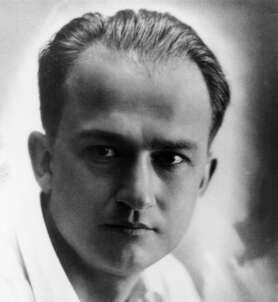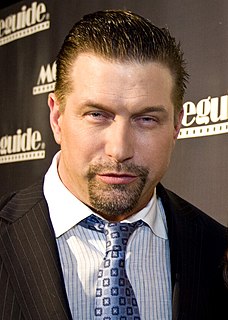A Quote by Gregory of Nazianzus
Different men have different names, which they owe to their parents or to themselves, that is, to their own pursuits and achievements. But our great pursuit, the great name we wanted, was to be Christians, to be called Christians.
Related Quotes
The world does not consist of 100 percent Christians and 100 percent non-Christians. There are people (a great many of them) who are slowly ceasing to be Christians but who still call themselves by that name: some of them are clergymen. There are other people who are slowly becoming Christians though they do not yet call themselves so.
Isn't it interesting that in Acts 11, at the end of verse 26, it says, "The disciples were called Christians first at Antioch." What I find interesting is the simple thought that the Christians didn't name themselves. But rather, they were called (or named) "Christians" by those watching their lives. I wonder if it would be the same today. Could someone look at your life or look at my life and name me a Christian? A humbling thought for sure.
The Romans called the Christians atheists. Why? Well, the Christians had a god of sorts, but it wasn't a real god. They didn't believe in the divinity of apotheosized emperors or Olympian gods. They had a peculiar, different kind of god. So it was very easy to call people who believed in a different kind of god atheists. And that general sense that an atheist is anybody who doesn't believe exactly as I do prevails in our own time.
It is interesting, that termites don't build things, and the great builders of our nation almost to a man have been Christians, because Christians have the desire to build something. He is motivated by love of man and God, so he builds. The people who have come into (our) institutions (today) are primarily termites. They are into destroying institutions that have been built by Christians, whether it is universities, governments, our own traditions, that we have.... The termites are in charge now, and that is not the way it ought to be, and the time has arrived for a godly fumigation.
Scripture is vast, and people can pick and choose what they emphasize, and so for hundreds of years verses that said that you are to welcome the stranger, that with Christ there's neither Jew nor Greek, male nor female, we've broken down the dividing wall with the original church, where Christians were first called Christian was the church of Antioch in which for the first time you had Jews, Gentiles of all different ethnicities come together as one people. That's when they were called Christians.
You are not mature if you have a high esteem of yourself. He who boasts in himself is but a babe in Christ, if indeed he be in Christ at all. Young Christians may think much of themselves. Growing Christians think themselves nothing. Mature Christians know that they are less than nothing. The more holy we are, the more we mourn our infirmities, and the humbler is our estimate of ourselves.
Real people live with, you know, being Christians with cancer, Christians with AIDS, and Christians coming back home with limbs missing from war, and Christians being evicted, and Christians losing their homes. And if you don't paint that picture, too, then I think that you are misrepresenting what the faith really can look like.
I know a lot of Christians who have been in ministry and walked away from it because the pressure can be too great. And there's a lot of Christians who at the same time would say like well why does God do [certain things]. What I found is Christians regardless of whatever their experience is who trust God more and learn to go through those moments of challenge and persevere. Usually the end result is an experience and interaction with the Holy Spirit that's greater than it was previously. And for me, there is no pursuit that I desire or enjoy more than that interaction.
Orthodox Christians have the habit of claiming all great men, all men who have held important positions, men of reputation, men of wealth. As soon as the funeral is over clergymen begin to relate imaginary conversations with the deceased, and in a very little while the great man is changed to a Christian - possibly to a saint.











































